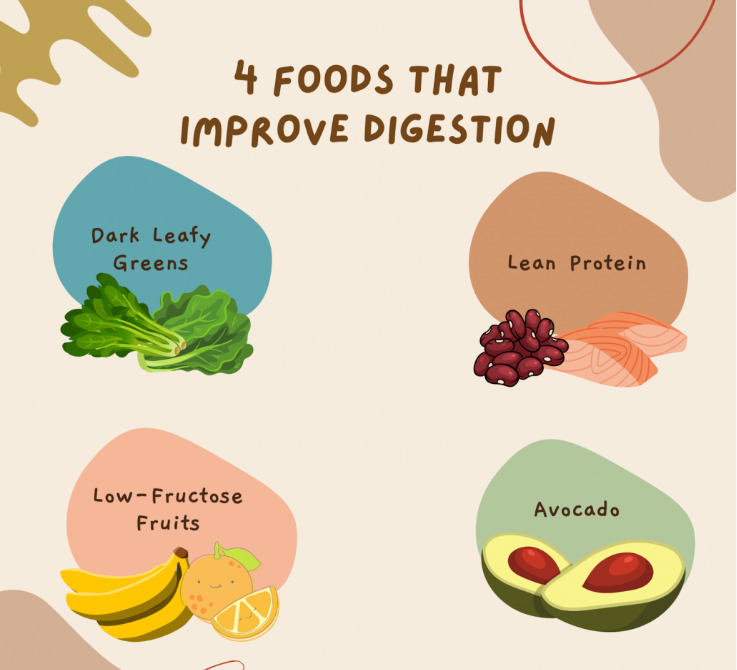“Why healthy food is important?” is a question that echoes in the minds of health-conscious individuals seeking to optimize their well-being. In our fast-paced modern world, where processed and convenience foods often tempt us, understanding the significance of healthy eating becomes increasingly crucial. The choices we make regarding what we eat directly impact our overall health, from our physical vitality to our mental and emotional well-being. In this article, we will delve deep into the numerous benefits of consuming healthy food, supported by real-life examples and fascinating anecdotes, emphasizing the transformative power of nourishing our bodies with wholesome and nutritious meals.
I. Enhances Physical Health
- Boosts Immune System: A diet rich in fruits, vegetables, and whole grains provides essential vitamins and minerals that fortify our immune system, helping us ward off illnesses and infections. Mary, a health enthusiast, adopted a plant-based diet and noticed a significant reduction in the number of colds she experienced during the flu season. The abundance of antioxidants in colorful fruits and vegetables supports the immune response, ensuring our bodies stay resilient against various pathogens.
- Supports Weight Management: Choosing nutrient-dense foods over processed, high-calorie options helps maintain a healthy weight and reduces the risk of obesity-related diseases. Anecdotal evidence from countless individuals shows that shifting to a balanced diet can lead to remarkable weight loss and an improved sense of well-being. John, after switching to a balanced diet, shed 30 pounds and regained his energy and confidence. By nourishing our bodies with the right nutrients, we can foster a positive relationship with food and better manage our weight in the long run.

II. Improves Mental Clarity and Mood
- Enhances Brain Function: Healthy fats, such as Omega-3 fatty acids found in fish and nuts, are vital for brain health, improving cognitive function, and reducing the risk of cognitive decline. Anecdotes from students and professionals attest to the positive effects of incorporating Omega-3-rich foods in their diets. Sarah introduced flaxseeds into her diet and noticed a remarkable improvement in her memory and focus during exams. The brain is a complex organ that thrives on nutrient-rich foods to maintain peak performance and foster clear thinking.
- Balances Mood: The consumption of whole foods rich in vitamins and minerals has been linked to the regulation of mood and reduction of symptoms associated with anxiety and depression. Anecdotal evidence shows that individuals who prioritize nutrient-dense foods often experience a more stable emotional state. Jason, who used to experience mood swings, found relief by incorporating more leafy greens and nuts into his daily meals. The power of nourishing our bodies reflects in our emotional well-being, as the gut-brain connection plays a significant role in our mental health.
III. Promotes Healthy Digestion
- High Fiber Content: A diet high in fiber, found in fruits, vegetables, and whole grains, aids in digestion, prevents constipation, and maintains gut health. Anecdotal stories of individuals suffering from digestive issues who found relief through a fiber-rich diet are numerous. After switching to a fiber-rich diet, Jane’s long-standing digestive issues improved, and she felt lighter and more energetic. Fiber acts as a natural cleanser for our digestive system, promoting regular bowel movements and supporting a healthy gut environment.
- Supports Gut Microbiome: Consuming probiotic-rich foods, like yogurt and fermented vegetables, fosters a healthy balance of gut bacteria, leading to better digestion and improved overall health. Tom struggled with digestive discomfort until he started drinking kombucha regularly, which brought relief to his gut woes. The gut microbiome plays a crucial role in various aspects of our health, including digestion, immunity, and even mental well-being.

IV. Prevents Chronic Diseases
- Reduces Heart Disease Risk: A diet low in saturated fats and high in fruits, vegetables, and whole grains can lower blood pressure and cholesterol, reducing the risk of heart disease. Michael’s father lowered his cholesterol levels significantly by adopting a Mediterranean diet, ultimately preventing heart-related complications. Making heart-healthy choices in our diet can significantly impact our cardiovascular health, leading to a longer and more fulfilling life.
- Decreases Diabetes Risk: A diet focused on whole foods can help maintain stable blood sugar levels and reduce the risk of type 2 diabetes. Jennifer, with a family history of diabetes, managed to avoid the condition through a healthy diet and regular exercise. The role of diet in diabetes prevention and management cannot be understated, as it empowers individuals to take charge of their health and reduce the risk of developing this chronic condition.
Conclusion: The impact of healthy food choices on our lives is profound. From enhancing physical health to nurturing mental clarity, the benefits of consuming wholesome and nutritious foods are evident. Embracing a diet rich in fruits, vegetables, whole grains, and lean proteins empowers us to lead vibrant lives and tackle challenges with renewed vigor. So, let us savor the journey of nourishing ourselves with the goodness of healthy food and witness the transformative magic it brings to our overall well-being. By prioritizing the importance of healthy food, we can pave the way for a vibrant and fulfilling life, now and for years to come. Through this article, we reinforce the idea that “why healthy food is important” deserves our attention, and we hope to inspire more individuals to make positive and health-conscious food choices for their well-being.
